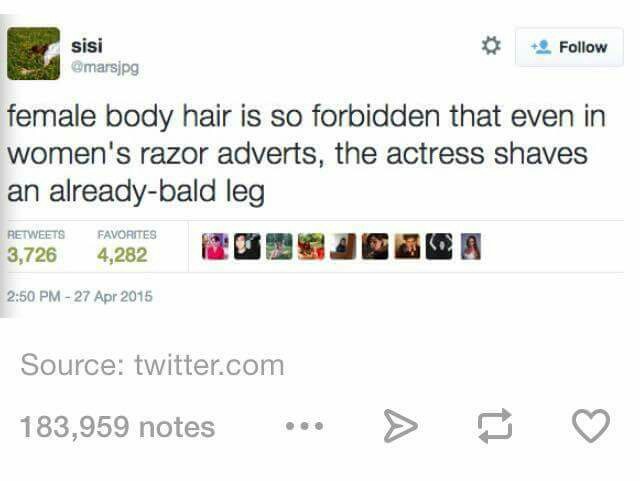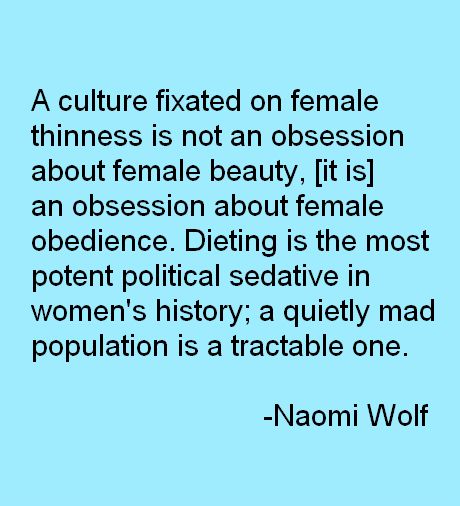Do you ever look around and wonder, “How did America become what it is today?” I think about this often. How could there be so many narrow-minded, rancorous, willfully ignorant, bigoted, malicious, supremacist, acrimonious conservatives who hold such animosity and loathing towards those who are unlike themselves? How could someone who fulfills most, if not all of these labels, become the leader of a “modern” nation? Part of the answer lies within agents of socialization-- groups that we are a part of that shape us significantly throughout our lives. These include family, school, peers, and media we’re perpetually bombarded with. Agents of socialization play a strong role in the nurture process, that is, the extent to which our environment shapes us. Nature on the other hand, is how our biology shapes us. This includes predispositions to certain ailments, or our physical characteristics (such as the probability you could get cancer, the color of your hair, etc.).
We’re all born with an awareness of our emotions and with the capability to learn. That is, we’re born with an aptitude to connect with others humans. What makes us different from most other species is that our cerebral cortex allows for conscious thinking, making us aware of our thoughts and choices. In other words, what makes us human is the fact that we are nurtured-- and as a result, we are aware of our emotions. You wouldn’t be the person you are today without other people-- humans are intrinsically social creatures. Take for example the reading, “What is Human Nature?”-- in it, the author explains how “If an individual lacks language, they live in an isolated world, a world of internal silence, without shared ideas without connection to others.” They used some examples of “feral children,” those who were abandoned or lost by their parents at an early age and raised by animals. When they were discovered, they had animalistic behaviors, were unable to speak, and had very low intelligence. Even in the cases of children who grew up in orphanages--”The babies were kept in standard hospital cribs [...] that effectively limited visual stimulation. No toys or other objects were hung in the infants’ line of vision. Human interactions were limited to busy nurses [...].” Those children ended up having a significantly lower intelligence because they were raised with limited social interaction.
To reiterate, nurture plays a crucial role in our lives with regards to agents of socialization-- but what are these agents? As stated earlier, they can include family, school, peers, the media, and any group that you are a part of that influences you. The first group to have a major impact on us is our family--”They lay down our basic sense of self, establishing our initial motivations, values, and beliefs. They give us ideas about who we are and what we deserve out of life,” according to the article we read on Agents of Socialization. Because of this, I picked up several manifest and latent lessons from my parents at a young age. Manifest lessons, or things they purposefully nurtured into me, included how to communicate with others, how to eat with a fork and knife, morals, why not to cut up money ($17 to be exact), etc. Some latent lessons, or things they unintentionally nurtured into me, included my self-worth, a fixed mindset, and how I was supposed to behave (gentle, docile, nice, etc.), which happens to be included in the whopping can of gender roles that we latently learn from other vehicles of socialization. In school, not only are we unintentionally taught to be nationalistic (reciting a daily pledge about how fantastic our country is) while manifestly being taught mathematics and whatnot, but we also involuntary pick up on inane rules as to how we're supposed to behave based on the gender we’re assigned at birth.
For example, teachers seeing two boys “rough-housing” and saying, “boys will be boys,”
or creating austere dress codes that primarily target young girls and teach them that their bodies are inherently wrong, and are something that they need to cover up. Boys on the other hand, can practically go shirtless without teachers giving it much thought.
Perhaps the biggest agent of socialization is the media-- TV, movies, advertisements, etc. They latently tell us what a “normal” person should be like-- how they're supposed to look (especially young girls and women), what they're supposed to eat, how much sex they’re supposed to have, what kind of people are considered “normal” (straight, white, cisgender people), what they’re supposed to buy, etc. The media hypersexualizes women and promotes toxic masculinity, further re-enforcing archaic gender roles.



https://www.youtube.com/watch?v=Uy8yLaoWybk&list=PLSsjzj80vBHeQiepWQ3aN7HHNiICQjeMv
By doing this, not only does the media bring people up with narrow-minded attitudes, but it makes people who don’t fit into the media’s definition of “normal” feel inferior and unwanted. Representation of minority groups is essential and desperately needed, but unfortunately we don’t see it enough. If you don’t see anyone like you in TV or in films, you start to think that maybe your story doesn’t deserve to be told or doesn’t need to be told. The media can act as both a mirror and a sliding glass door; they can reflect our stories and show us others like us, and they can allow us to open a door and step into a new world where we learn the stories of other people. If you only see straight, white, cisgender, able-bodied people in the media, whether you like it or not, that unintentionally becomes your definition of “normal.” Take for example the current president of the United States; he primarily gets his information from a notoriously conservative news network, thereby limiting his information and perspective on the world by viewing it through a narrow-minded lens.
https://www.youtube.com/watch?v=Fln9c7qsEbg
Media had the power to skew our ideas of other people in a negative way, but it can also uplift those who are part of a minority group.
Agents of socialization play a strong role in the nurture process. Sometimes they nurture you purposefully, and oftentimes they nurture you unintentionally.
https://www.youtube.com/watch?v=_R_JX0qRV-w
https://www.youtube.com/watch?v=381belOZreA
https://www.youtube.com/watch?v=zGhu4iaBqtk
https://www.youtube.com/watch?v=3JDmb_f3E2c

No comments:
Post a Comment